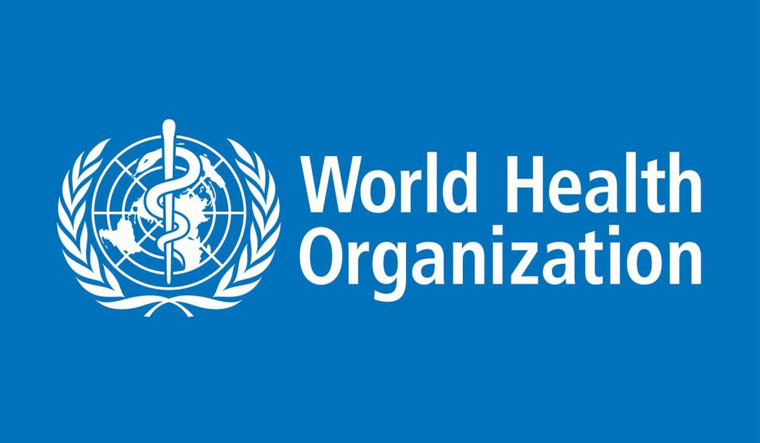Amid rising concerns about the new Omicron variant of COVID-19, the World Health Organisation has said it is not yet clear whether the variant is more transmissible, or causes more severe disease compared to others. Currently, the Delta variant is considered the deadliest, having wreaked havoc across the world in multiple waves.
There is currently no information to suggest that symptoms associated with Omicron are different from those from other variants, the WHO said. It said that initial reported infections were among university students, younger individuals who tend to have milder disease, but understanding the level of severity of the Omicron variant will take days to several weeks. It noted that preliminary data suggests that there are increasing rates of hospitalisation in South Africa, but this may be due to increasing overall numbers of people becoming infected, rather than a result of specific infection with Omicron.
Earlier, data had suggested that the variant appears to have a high number of mutations about 30 in the coronavirus' spike protein, which could affect how easily it spreads to people. Sharon Peacock, who has led genetic sequencing of COVID-19 in Britain at the University of Cambridge, said the data so far suggest the new variant has mutations consistent with enhanced transmissibility, but said that the significance of many of the mutations is still not known. Lawrence Young, a virologist at the University of Warwick, described Omicron as the most heavily mutated version of the virus we have seen, including potentially worrying changes never before seen all in the same virus.
-Inputs from AP via PTI


